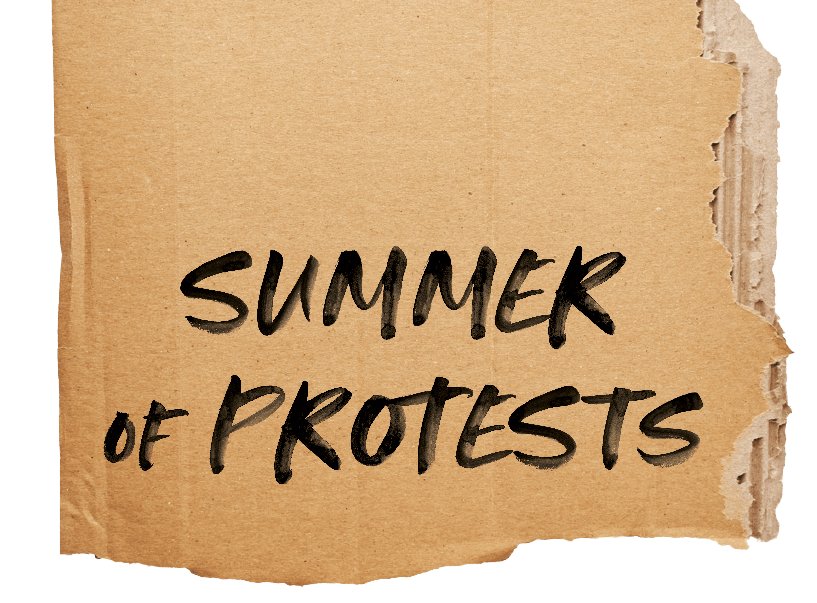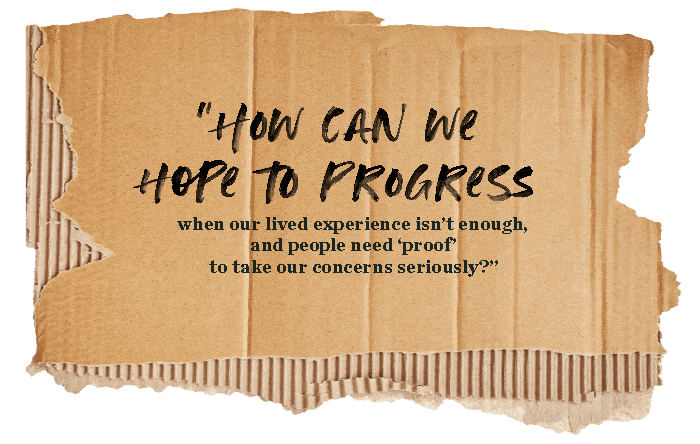
A View from Capitol Hill
By Daniel Webster
Photo courtesy of Whit Pruitt
Daniel Webster is a psychology, sociology and criminology triple major from Marion, Ark. He is a Truman Scholarship finalist, and a recipient of the NASPA Undergraduate Rising Star Award, the Black Student Association Scholar of the Year Award, the SPPARK Spirit of Service Award, the SPPARK LSAT Scholar Award, the SPPARK Top Oralist Award, and the University of Arkansas’ Multicultural Center’s Bridge Builder Award. He has served as the director of diversity and inclusion in the Associated Student Government and currently serves as the student administrative and special events assistant for the University of Arkansas School of Law dean’s office. Here, he shares his take on criminal justice reform, shaped by a prestigious internship that provided access to Black leaders in Congress.
I first experienced Washington, D.C., while visiting a friend who interned for Congresswoman Rashida Tlaib and the House Judiciary Committee. I fell in love with the city instantly. I never imagined that a first-generation college student born into a working-class family from the Arkansas Delta would ever get the opportunity to intern for a member of the U.S. Congress. Despite my doubts, I applied for the Congressional Black Caucus Foundation (CBCF) summer internship program.
Out of 800 applicants nationwide, 55 interns were selected. Justyce Yuille, Elijah Conley and I got to proudly represent the University of Arkansas. Typically, the program pairs you with a congressional office during the summer while providing a stipend for housing, travel and food. As we all know there was nothing typical about the year 2020. Due to the internship becoming solely virtual, the foundation could not guarantee the security of our networks and didn’t want to risk us having confidential information on unsecure servers. This meant that no intern was placed in a congressional office.
At first, I was so disappointed. We were given about a week to decide if we still wanted to continue with the internship. I thought, “how will taking the summer off help you progress?” By the middle of the week I had decided that I wanted to continue. I wanted to surround myself with young Black leaders who had similar ambitions and experiences in the hopes that together, we could learn how to change the problems we see in our communities and nation through policy.

“I witnessed the problems of systemic racism, specifically in the health care and criminal justice systems, become a national debate topic only after countless Black and brown people died.”
Together my fellow interns and I witnessed the problems of systemic racism, specifically in the health care and criminal justice systems, become a national debate topic only after countless Black and brown people died. Yet dying wasn’t enough. Police brutality and racial disparities in health care are in no way new. This has been a problem since the founding of this nation that was built on the backs of enslaved people. I have seen family members, friends and even people whose name I never knew be failed by the criminal justice system. Personally, I believe that the point of punishment should always be rehabilitation, but we don’t live in a nation where you are innocent until proven guilty. Your skin color can influence whether you get arrested, what type of sentence you receive and how long your sentence is. A criminal record also becomes a life sentence as society refuses to allow people with records to apply for some federal aid, vote or have equal access to jobs and housing.
It took video footage of people’s deaths for America to wake up, but what about all of the interactions not filmed? How can we hope to progress when our lived experience isn’t enough, and people need “proof” to take our concerns seriously?
These fears made me skeptical that real change was possible before my children’s lifetime, but then I got to see the House pass H.R. 7120: George Floyd Justice in Policing Act of 2020. This bill creates more accountability for police by creating a national registry for misconduct among officers so that it’s harder for bad cops to get hired at other departments. It also lowered the criminal standard of intent for officers from “willful” to “knowing or reckless.” At first, I believed this act was too small of a start. It didn’t fix all of the problems that the movement had been pointing out, nor did it go far enough. Congresswoman Karen Bass reminded me that this wouldn’t have passed the Congress merely five years ago, and it is the job of the citizens to push the government to do more. So, it is on us. Until we have a government that lives up to the ideals established in the Constitution, we must continue to push them to do better.
I also saw the CBC lose a great leader, passionate servant, and amazing man with the passing of Congressman John Lewis. It was a dream of mine to meet Mr. Lewis one day. Sadly, that will never happen, but as we mourn his death, we have to remember that there is a generation of young, empowered Black leaders who stand on his shoulders and learn from his legacy.
I have spent the majority of my life refusing to be a statistic. I wanted to show everyone and myself that no matter the odds, I could overcome them and help those around me do the same. I plan to get a master’s degree in public policy and a Juris Doctor degree in preparation to become either a federal judge or a legislator. We need intentional people to interpret the laws, but we need to write good laws that need little interpretation. My goal is to change the systems in place, so that young Black and brown kids will never have to beat the odds. They will start on an even playing field.


